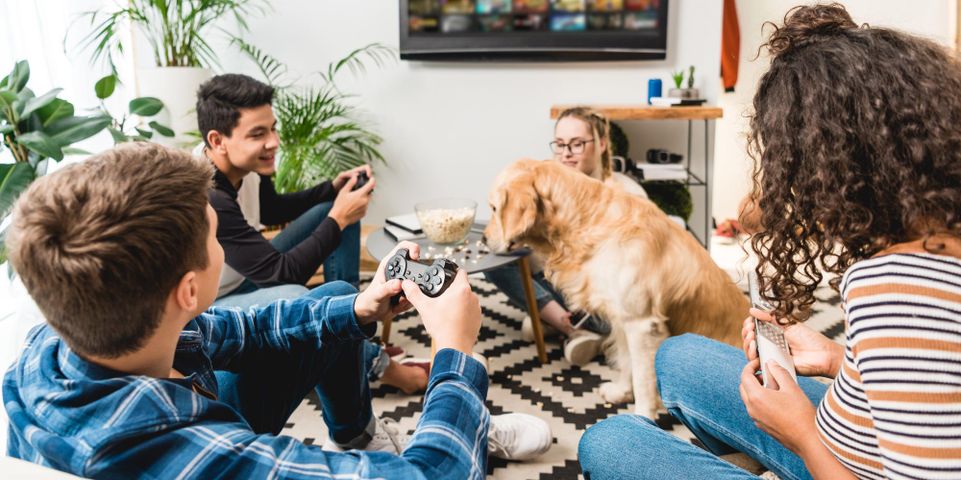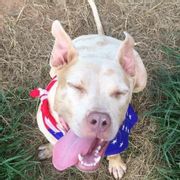
It can be hard to resist the playful curiosity of a dog or kitten when it comes to foods and treats. Seek the advice of a veterinarian about animal-specific, nutritious snacks for your pets, and heed their warnings against the many people foods you should never feed a cat or dog. Here’s what you should know.
People Foods Harmful for Pets
1. Chocolate & Caffeine
Cacao seeds and coffee beans contain chemical substances that may cause a host of harmful reactions. Vomiting, heartbeat abnormalities, diarrhea, seizures, excessive thirst and urinating, and death may result from ingesting chocolate or caffeine. If your pet gets into trouble when left alone in the kitchen, make sure that candy bars and chocolate cake are securely stored.
2. Nuts
The high-fat content in nuts may cause vomiting and diarrhea. Macadamia nuts are especially toxic for dogs. Consuming nuts, including peanut butter, may lead to pancreatitis—inflammation of the pancreas that causes infection and bleeding.
3. Sugar & Sweeteners
Excess sugar isn’t healthy for anyone, including pets. The insulin response from ingesting candy or other sweets may cause low blood sugar and liver damage. Sugar substitutes such as xylitol can cause the same reactions.
4. Alcohol
Alcohol and carbonated beverages are harmful to pets. They can cause vomiting, diarrhea, coordination problems, breathing difficulties, and death. If your pet has accidentally consumed a significant quantity of alcohol, call your veterinarian.
5. Dairy Products
Animals can’t easily digest the lactose in dairy products, so feeding them cheese or cream is likely to cause gas, diarrhea, and vomiting. Cats may lap up yogurt or cream, but neither is safe for them in large doses. Also, avoid using cheese to train or reward dogs.
6. Salty Snack Foods
Chips, popcorn, and pretzels are all loaded with salt and may cause excessive thirst and urination or poisoning. Vomiting, tremors, diarrhea, fever, or seizures may indicate that your pet has eaten salty snacks. Check your surroundings for confirmation, and call your veterinarian for a consultation.
7. Bones & Raw Meat
Most veterinarians don’t recommend giving pets raw bones or small bones from roasted meats. Small bones may splinter, injuring gums, the esophagus, and the digestive tract. In addition, don’t feed raw meat or eggs to your pet. They may be contaminated with salmonella and E. coli—bacteria that make pets sick.
For veterinary care in Dothan, AL, choose the Dothan Animal Hospital. They’ve been treating Tri-State area dogs and cats since 1943. From wellness visits to surgery and oncology care, their veterinarians have the expertise to keep your pet healthy. Call (334) 793-9779 to make an appointment, or visit their website to see a full range of services.
About the Business
(560 reviews)
Have a question? Ask the experts!
Send your question

